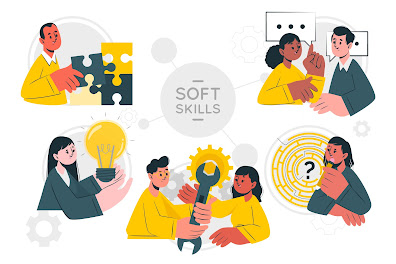Unlocking Your Potential: Essential Skills from the Level 3 CAVA Program

Introduction In the dynamic landscape of education and vocational training, assessing learners’ progress and achievements is crucial. Whether you're an experienced educator or just starting your journey, honing assessment skills is essential. One route to mastery is through the Level 3 Certificate in Assessing Vocational Achievement (CAVA) program. This comprehensive course equips you with a robust toolkit of assessment techniques, vital for navigating the educational terrain effectively. Understanding the CAVA Program The Level 3 CAVA program is a recognized qualification designed to enhance your assessment capabilities. It offers a structured framework encompassing both theoretical knowledge and practical application. Through a series of modules, participants delve into various assessment methods, principles of assessment, and the importance of feedback. Moreover, it provides insights into compliance requirements and ethical considerations, ensuring assessments are fair, valid, ...






